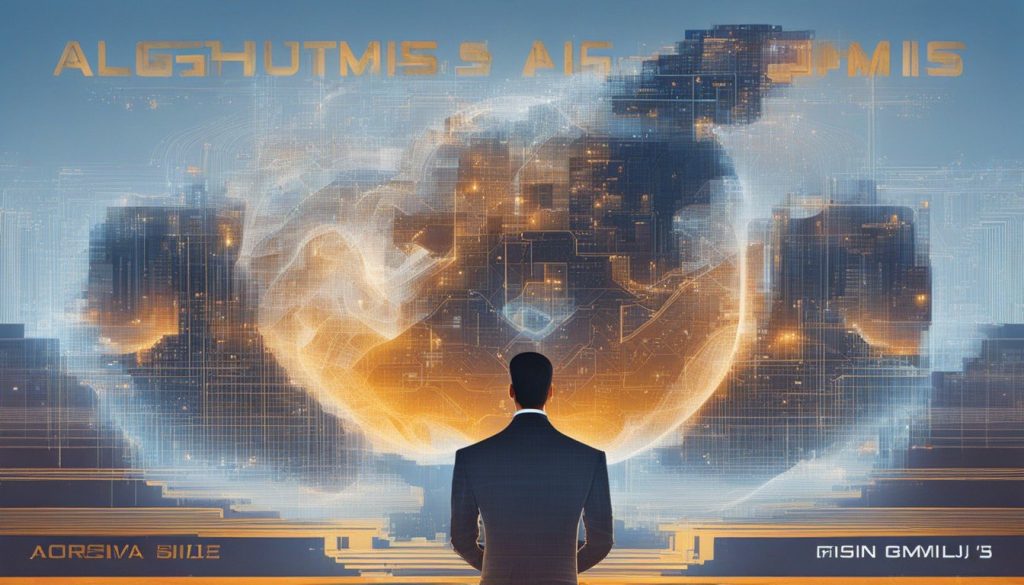ChatGPT, the popular AI chatbot, now has even more sophisticated technology.
OpenAI announced several updates to its artificial intelligence tools on Monday at its first developer conference in San Francisco. One of the new features is that developers can now customize ChatGPT. In addition, it is introducing a digital store, lowering the base fees for developers, and promising to compensate some of the users of its OpenAI products on its platforms.
The occasion takes place almost a year after ChatGPT’s debut, which sparked a new arms race among tech firms to create and incorporate comparable AI technologies into their goods. According to CEO Sam Altman, the platform is currently used by 2 million developers, and 90% of Fortune 500 businesses use the tools internally. There are 100 million active users right now.
Altman was joined on stage by Microsoft CEO Satya Nadella, an early OpenAI partner, to talk about how his company is still integrating GPT technology into its suite of 365 tools. He said, It’s so new and different. In his thirty years in the infrastructure industry, he has never seen anything like this.
One of the most significant announcements is the launch of GPTs, or personalized ChatGPT versions. GPT can be used in emails, connect to databases, and expedite e-commerce orders—similar to plugins, according to the company. According to its website, GPTs don’t require any prior coding knowledge and can be used to create stickers, train for a marathon or assist with math tutoring. Users can use chatgpt.com/create to give it a try.
As stated by the company in a blog post, building one is as simple as striking up a conversation, providing it with instructions and additional information, and selecting what it can perform, such as web searches, image creation, or data analysis.
A digital ecosystem
In order to enable searchability of GPTs, OpenAI is also launching a GPT Store later this month. Like other app stores, they will be displayed on a leaderboard, and the company will highlight practical tools in a variety of categories, including leisure, productivity, and education. According to the business, developers will also be able to get paid according to how many people use their GPT.
Additionally, Altman demonstrated ChatGPT’s newest technology, GPT-4 Turbo. According to him, it can now handle input up to roughly 300 pages long—roughly 16 times longer than in the previous version.
According to Altman, the platform will also have more information through April 2023 and keep getting better with time. He continued, “We are probably even more irritated than all of you that GPT’s knowledge of the world ended in 2021.”
Additionally, the company announced that it is reducing the cost for developers, offering 1,000 input tokens for $0.01—roughly three times less than GPT-4. By doing this, developers would be able to reduce overall expenses when processing large amounts of data through its systems.
Further enhancements to the software include additional modalities, like improved text-to-speech that offers six preset voices to choose from and a more natural-sounding audio.
Ramping up privacy
Apart from focusing more on security and privacy, Altman said OpenAI makes sure that conversations conducted through the tools are kept private from builders.
Also, the business unveiled Copyright Shield, which enables OpenAI to intervene on behalf of clients in the event that copyright infringement is a problem and to cover associated expenses. Similar measures have been taken by competitors like Google and Adobe.
Model customization, legal indemnity, and price and performance improvements will all have a greater immediate impact because developers have been requesting these features for some time now, according to Gartner Research analyst Arun Chandrasekaran. Even though the autonomous agents are a big step forward for generative AI, it will take some time for them to have an effect.
OpenAI stressed that the most recent announcements are just a portion of what is still to come.
You’ll eventually be able to assign GPTs real-world tasks as they continue to grow in intelligence and usefulness, the company stated in the blog post. As this future will necessitate careful technical and safety work—as well as time for society to adjust—we believe it is critical to proceed gradually towards it. they have been giving the societal ramifications a lot of thought, and they will shortly be sharing more analysis.








